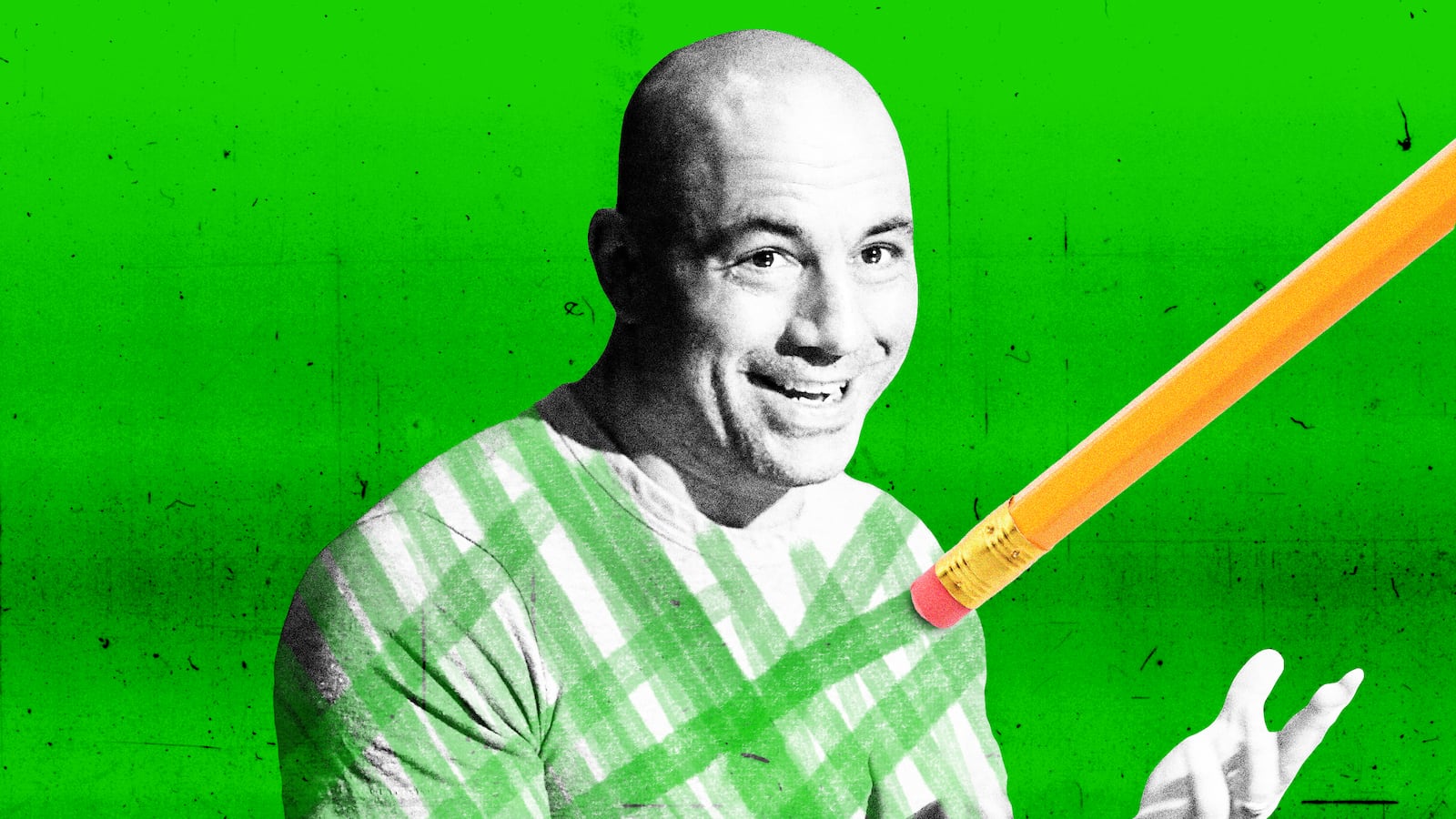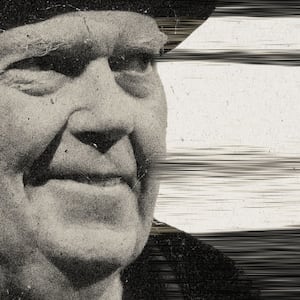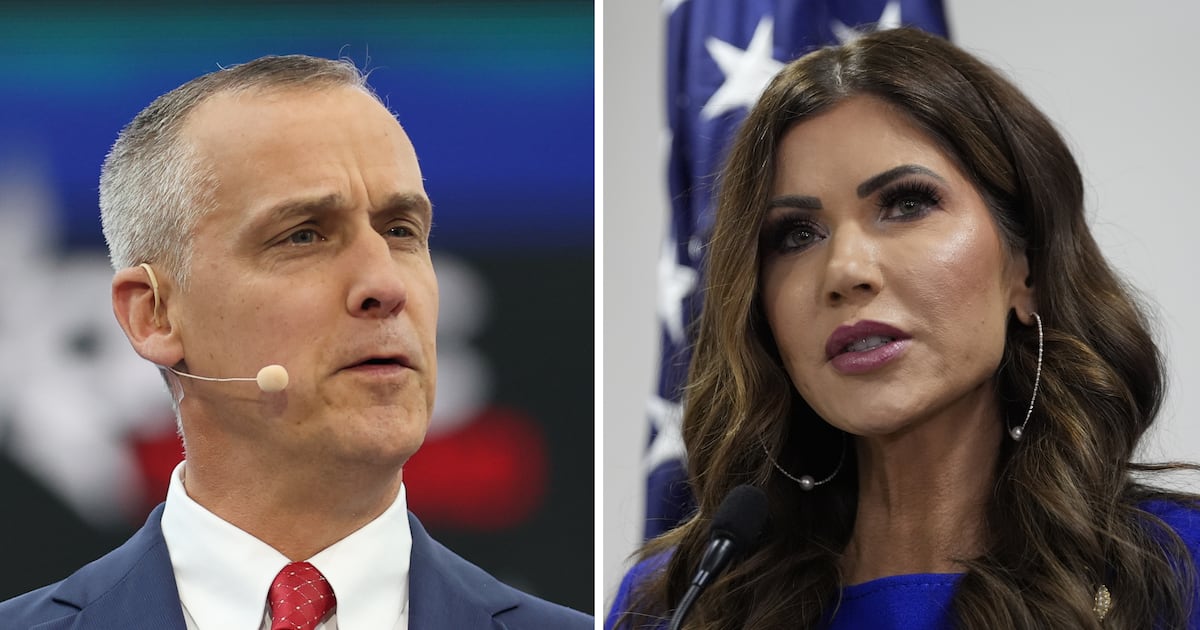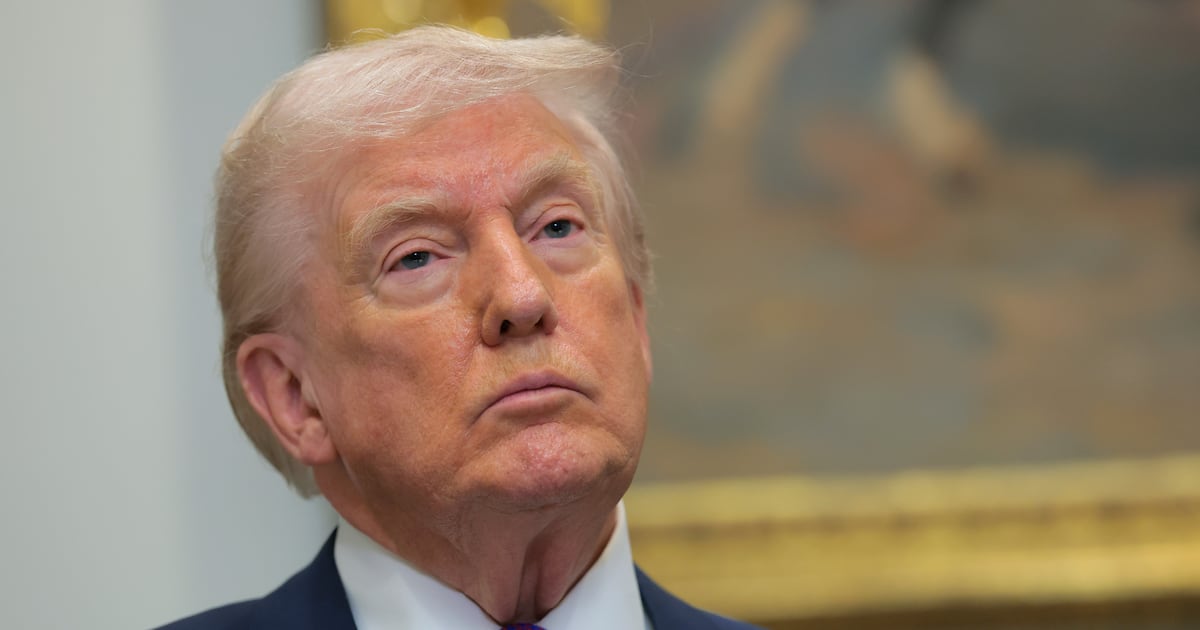A petition circulated by the progressive advocacy group MoveOn demands that Spotify remove the Joe Rogan Experience podcast from the streaming platform. The last time I checked, it had close to 100,000 signatures. This comes just a few weeks after hundreds of “scientists, medical professionals, professors and science communicators” put out an open letter denouncing Rogan and demanding that Spotify institute a new policy banning “misinformation.”
So should Spotify ban him and start cracking down on anything deemed to be “misinformation” by critics or company-employed fact-checkers? If you’re a socialist like me, or even if you just have political preferences that are substantially to the left of Sen. Kyrsten Sinema, I’d argue that advocating for escalated corporate censorship is playing with fire.
But let’s address one of the MoveOn petition’s most severe indictments of Rogan, which is that he’s a “white supremacist.” Put simply: He’s not.
When the Trump administration instituted a policy of separating undocumented immigrants from their children in 2018, Rogan responded with an eloquent harangue about how anyone who wasn’t horrified by that policy wasn’t on “Team Human,” and ended with an expression of enthusiasm for the newly elected democratic socialist Rep. Alexandria Ocasio-Cortez.
The next year, Rogan interviewed the socialist academic Cornel West. Describing West as “brilliant,” Rogan tweeted that it was one of his all-time favorite episodes of the podcast. Anyone who believes MoveOn’s depiction of Rogan as nothing but a right-wing propagandist—much less a “white supremacist”—would be surprised by the content of that interview, where Rogan and West vibed on subjects ranging from socialism to Chekhov to standup comedy to the origins of white supremacy in America.
Those who’d pigeonhole Rogan in such a fashion would also be remiss to not watch Rogan’s classic skewering of the right-wing YouTube commentator Dave Rubin for wanting to privatize the Post Office and end the regulatory state, or Rogan’s blistering rebuke of Republican Rep. Dan Crenshaw for opposing Medicare for All.
The truth, as my late friend Michael Brooks and I noted two years ago, is that Rogan’s political views are messy and somewhat incoherent—like the views of many millions of Americans.
The claim made in both the MoveOn petition as well as the medical experts’ open letter that Rogan spreads falsehoods about COVID stands on much firmer ground.
Rogan has been prone to conspiracy theories for so long that it seems to have been worked into the character he played on NewsRadio—a show that went off the air in 1999—so, while he isn’t exactly an outright anti-vaxxer, it’s unsurprising that he’s sympathetically interviewed an alarming number of people who spout reckless nonsense about COVID-19, and that many of his own statements about the pandemic have been somewhere on the spectrum from dubious to recklessly inaccurate. Like his politics, his position on the COVID vaccine can—generously—be described as skeptical to contradictory.
Does the Joe Rogan Experience at times broadcast “bad” or “wrong” ideas to a massive audience? Undoubtedly it does. But there’s also subjectivity at play, and to ignore how such blurred lines for acceptable discourse could be weaponized against left-wing voices is a dangerous miscalculation.
Mainstream liberals have increasingly adopted the right-wing libertarian view that “free speech” only applies to actions carried out by the state, and that private businesses are free to censor as they please.
Many on the left have traditionally understood that ignoring the power wielded by private businesses, on the grounds that anything such they do is “voluntary,” is dangerously misguided.
We would never buy the argument that workers at Walmart who are unsatisfied with working conditions or low pay should just find another job, rather than demand union representation or an increased minimum wage. Similarly, we should reject the suggestion corporate censorship isn’t “real” censorship because those who are censored can just find another streaming platform. The reality of our ultra-capitalist society is that, in practice, Spotify and YouTube exercise a vast amount of control over the flow of information.
It’s true that no one—not even a socialist like me—thinks that private media outlets like The New York Times or The Daily Beast are engaging in censorship when they make editorial decisions. But the relationship between Spotify and podcasters it hosts—and hence the free speech norms appropriate to that relationship—is far more like the relationship between a mail carrier and the magazines it delivers to people’s homes than the relationship between the editors of one of those magazines and their writers. It’s true that such platforms sometimes offer financial incentives to lure big fish like Rogan in exchange for exclusive distribution rights, but it’s very unlikely that harsh new “misinformation” policies would only (or even primarily) be applied to such big fish.
It can be argued that Rogan, if dumped by Spotify, would probably just land on his feet at YouTube. But if that’s true, and he could reach his massive audience anyway, what’s the point of weakening free speech norms with a campaign for Spotify to crack down on him—especially given that weakening such norms is likely to be very bad for the Left going forward?
Podcasting was not a societal concern before it came on the scene around 2004. Imagine, though, a world where podcasts and services like Spotify were already up and running during the lead-up to the invasion of Iraq. Who do you suppose would be more likely to meet the blunt end of the the censorship hammer for “misinformation” in 2002—podcasters who concurred with the CIA and The New York Times in claiming that Iraq had “weapons of mass destruction,” or ones who claimed that Bush administration officials were conspiring to deceive the public? For anyone who remembers anything about the body politic of 2002, the question answers itself.
If you think the lead-up to the invasion of Iraq was an anomalous event, and that authority figures in government and private industry rarely lie, examples like that might not bother you. But if you understand—as many progressives do—that corporations, politicians, and intelligence services lie all the time, it’s hard to believe that the consequences of weakening free speech norms and making it easier for tech CEOs to suppress “misinformation” would somehow end up favorable to the dissident Left.
A common argument of late is that while people shouldn’t be censored for their “opinions,” it’s fine to censor them if they are objectively wrong about questions of “fact.”
The problem is that, in practice, all political disputes are at least partly disputes about facts. Will raising the minimum wage result in increased unemployment? Do the police pull over Black drivers in such a disproportionate way that it’s best explained by racism? How many civilians are killed in the drone war?
Realistically, it’s hard to imagine an intense political debate where the sides didn’t disagree about at least a few important facts. That means each side will always accuse the other of “misinformation.”
Tech censors are ultimately accountable to their employers—billionaire CEOs who have every interest in both staying on the government’s good side and resisting the left’s calls for redistributing their wealth to achieve a more egalitarian society. These are the people who will get to decide what counts as “misinformation” when, for example, reports begin to emerge in the future about some horrifying new labor practice in Amazon warehouses.
If Joe Rogan were not only kicked off Spotify but shot into the sun, would this have a statistically significant impact on vaccine hesitancy? I have my doubts—and not just because if Joe Rogan held that level of influence, then Bernie Sanders might very well be the President of the United States.
I can’t rule it out, though, and I’m sure at least some people are influenced to make terrible choices by Rogan’s worst guests. Any progressive willing to weaken free speech norms for the sake of whatever positive impact shutting up Rogan might have in the short term, though, should think long and hard about how this movie is likely to end.
Corporations are not our friends, my people.








